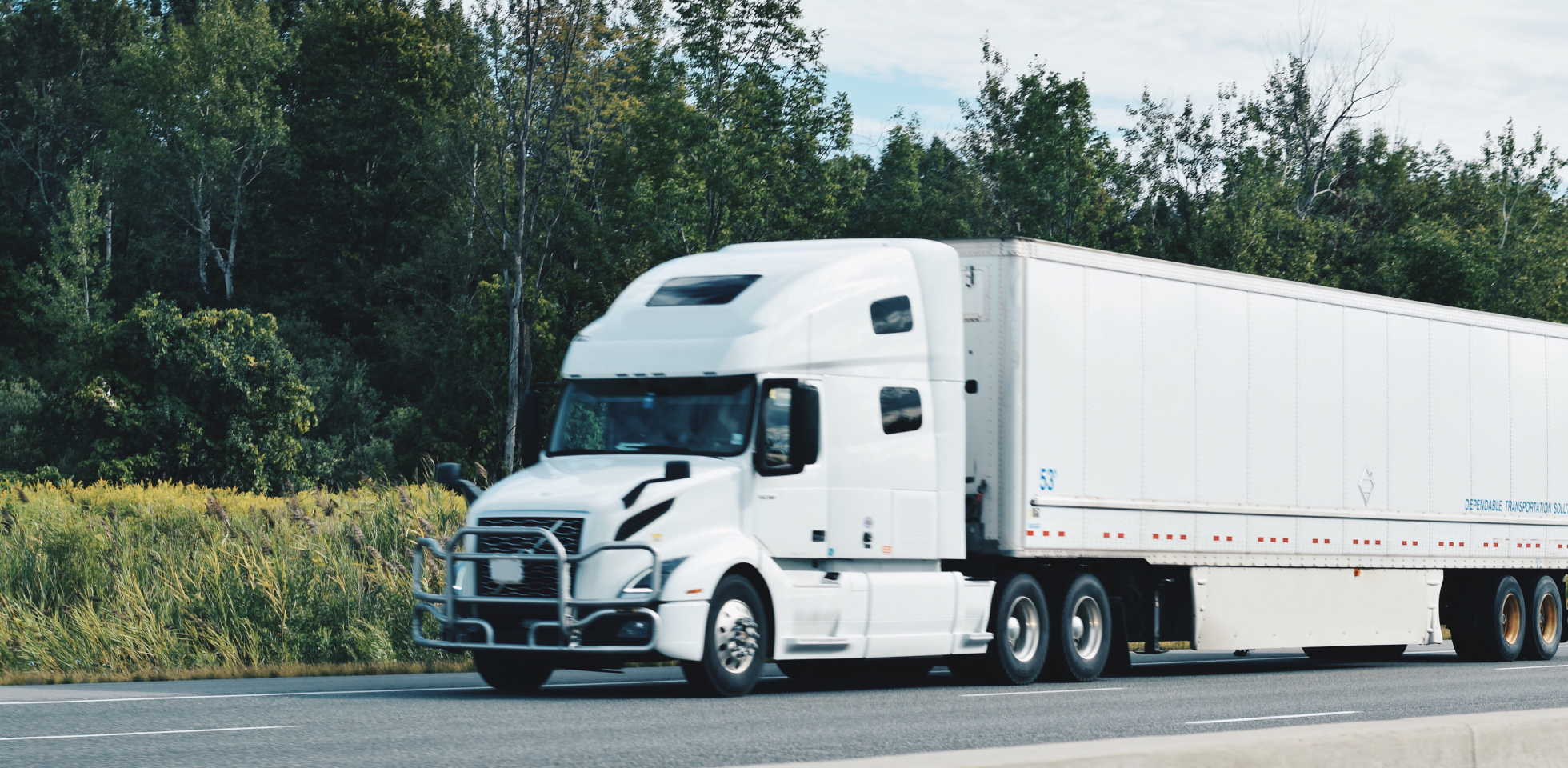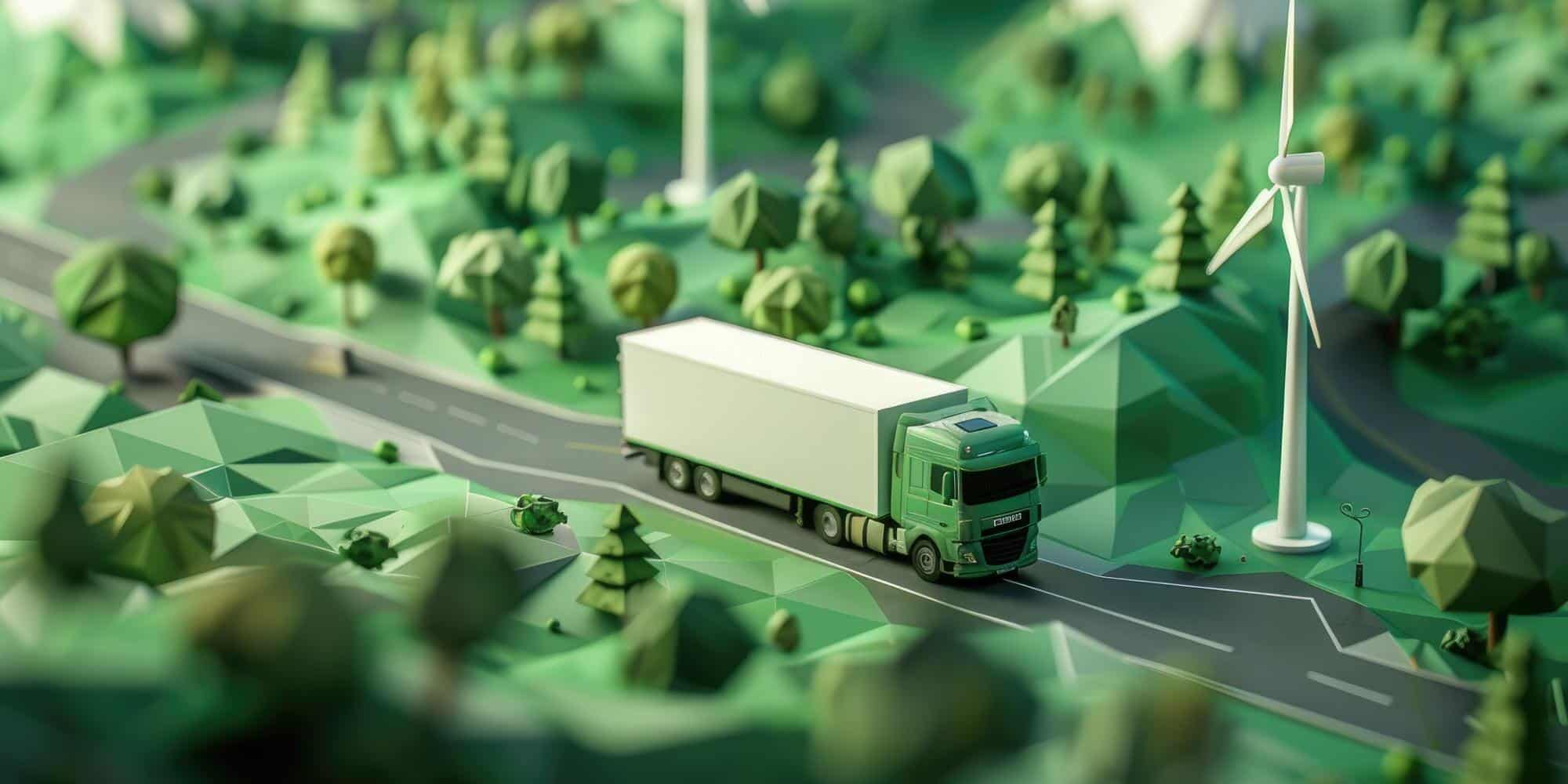Despite the practicality of processed food, there has been a rise in the demand for fresh food such as fruits, vegetables, fish, sea food, meat, dairy, and others in the past years due to the benefit they bring to our health. Nonetheless, they demand special temperature handling to avoid spoilage as they are perishable.
Cold Chain and Refrigerated Cargo
Cold temperature is remarkably sensitive to the exchanges involved in the operations, mainly during transportation and warehousing; therefore, we must always pay attention to temperature.
These are some of the issues related to refrigerated cargo:
- Products that have spent considerable time at the loading zone, which raises their temperature.
- Faulty refrigerating machines that result in spoilage.
- Untrained drivers who may mishandle products.
- Taking too much time to find mistakes that may affect temperature.
How to Guarantee Cold Temperature?
- Products must be properly packaged and separated. Packaging is a key process to make sure cargo does not move or get damaged; therefore, we sometimes need to use anchoring devices such as tape, belts, bubble pack, plastic wrapping, or boxes.
- Units must have a cooling system capable of producing and maintaining temperatures ranging from minus 20 degrees Celsius to 12 degrees Celsius, depending on the food being transported and the type of vehicle (truck, van, among others). They should also have insulation and undergo revisions and maintenance every six years.
- For the transportation of products sensitive to oxidation and easy to spoil such as fruits and vegetables, we suggest leaving the bins open making sure that they are impermeable and ventilated for preservation purposes.
- To avoid any issues in the control of temperature flow we must implement a double-label system for products. Labels help guarantee the quality of the product from end to end because, generally speaking, they go together with sanitation records and plant and animal health certificates. Because every move is recorded it is easy to detect any temperature-related inconvenience.
- During transportation, we can constantly monitor temperature, relaying the information via GPS. Thanks to the newest information systems, we can also track the status and temperature of every shipment at any stage of the way.
LTL Transportation and Refrigerated Cargo
Because fresh and packaged goods have a shorter shelf life than processed products, retailers must order smaller quantities so they can avoid overstocking. This trend has led to products like these being shipped on temperature controlled Less than Truckload (LTL) cargo vehicles.
Temperature controlled LTL transportation services are particularly requested by sectors such as food, bioscience, sanitary, and pharmaceutical, where we need to keep products in a range of 2 to 8 Celsius degrees. In comparison, most products demand temperatures ranging from 15 to 25 Celsius. This service is also requested for ultra-frozen foods that need a temperature of minus 19 Celsius to remain fresh.
Hiring temperature-controlled LTL transportation services offers great advantages: lower stock levels, less damage to goods, fewer losses caused by expiration dates, and a quicker recovery of expenses.
If units also have systems that help control the temperature, we can get valuable information on the historical records of temperature to anticipate possible financial losses and to detect ant malfunction in the cooling system immediately.
Because there is a year-long demand for fresh products, we must work with a logistics company that is able to deliver them whenever needed, ensuring an experience free of interruptions. Solistica has fleets of refrigerated vehicles that allows it to guarantee the freshness of products throughout the supply chain.






